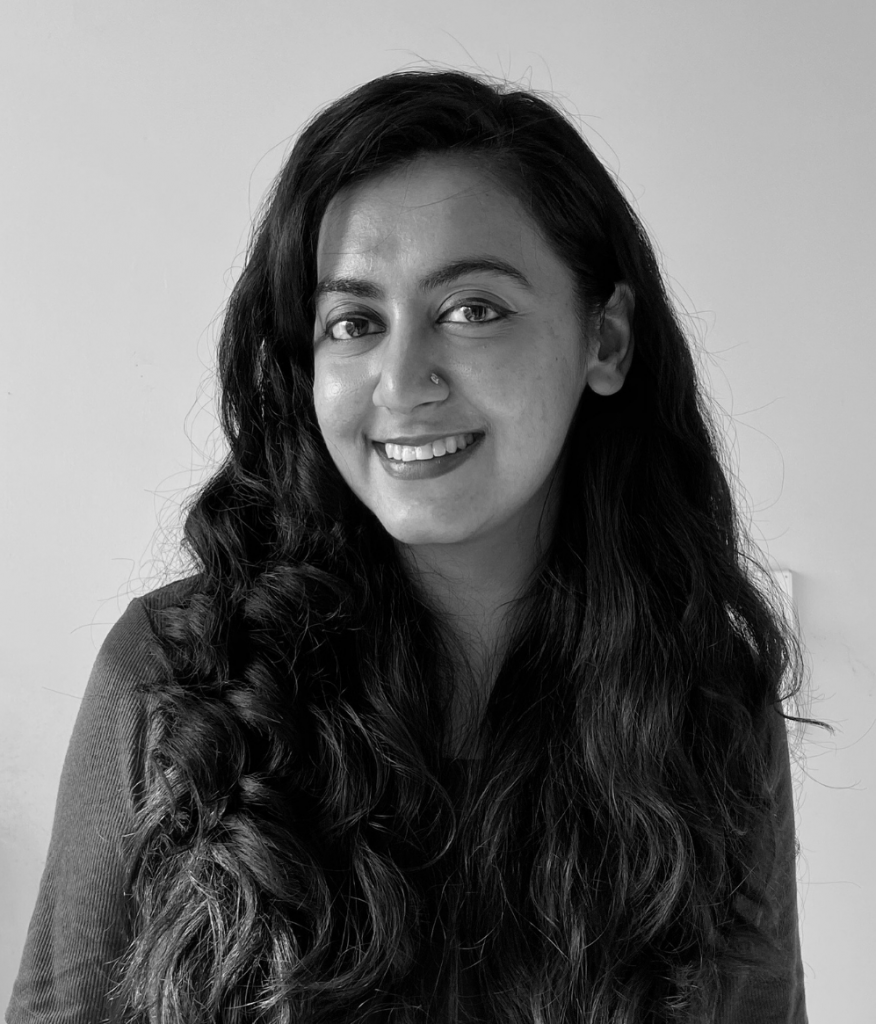
Aditi Sonrexa
Aditi Sonexa is a communications and media professional with 11 years of experience working with leading media houses and international NGOs. She has been working with Doctors Without Borders since 2017 as a Media Manager. Sonrexa focuses on media strategy and advocacy in key thematic areas including sexual and gender based violence and drug-resistant tuberculosis. She aims to create innovative communication resources to champion important public health issues in the world.
Prior to MSF, Sonrexa was a Media Manager with Save The Children and a News Producer with NDTV. She has a Masters degree in Journalism and Marketing.

Amruta Shaligram
Amruta Shaligram is a qualified psychologist & behavioural therapist, with over six years of experience in counseling patients of varying backgrounds and providing them with therapeutic relief. She has an MSc in Psychological Well-being and Mental Health from Nottingham Trent University, U, and has also completed her master’s in counseling psychology from SNDT University, Mumbai. Her area of expertise ischild and adolescent psychology. She is also trained in Art and Movement Therapy.
Shaligram joined MSF in June 2018 as Supervisor – Patient Support for MSF’s DRTB/ HIV project in Mumbai. Along with routine implementation and monitoring of patient support activities in the field, she also provides technical support to a team of counsellors for strengthening treatment outcomes of patients with DRTB by identifying the barriers in treatment and addressing their psycho-social needs. The project aims to develop and implement patient-centred approaches, which will eventually contribute towards policy and practices within the national TB program.
Along with the patient support team in Mumbai, Shaligram aspires to continue improving access to care for the vulnerable TB and HIV patients in Mumbai with a special focus on children and adolescents.
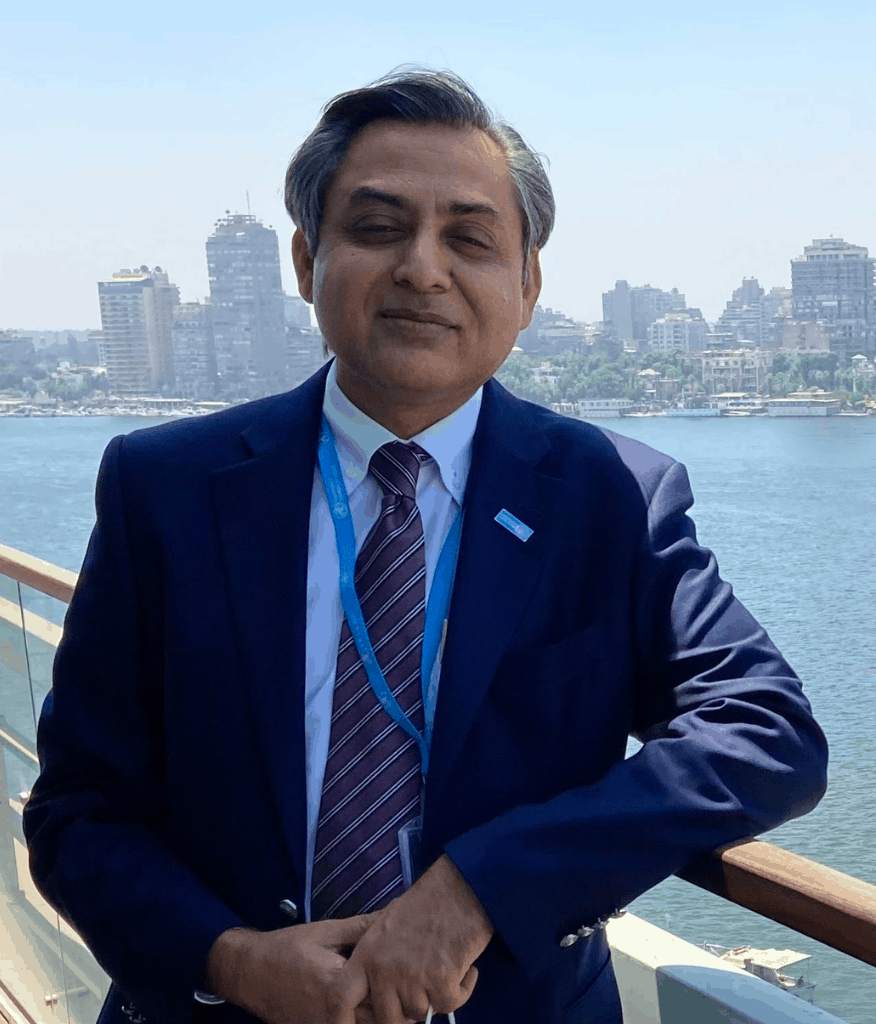
Dr Arshad Altaf
Dr Arshad Altaf is a medical doctor and a public health professional currently working as a Technical Officer in the Science Information and Dissemination Department of WHO Regional Office for the Eastern Mediterranean Region in Cairo, Egypt.
For almost two decades he has been involved in HIV and AIDS prevention, policy and guideline development and country support. He works closely with key populations including sex workers and drug users.
Prior to his current assignment, he was providing HIV technical assistance to eight countries in the Asia Pacific region. He has over two dozen publications in peer-reviewed journals highlighting key HIV issues.
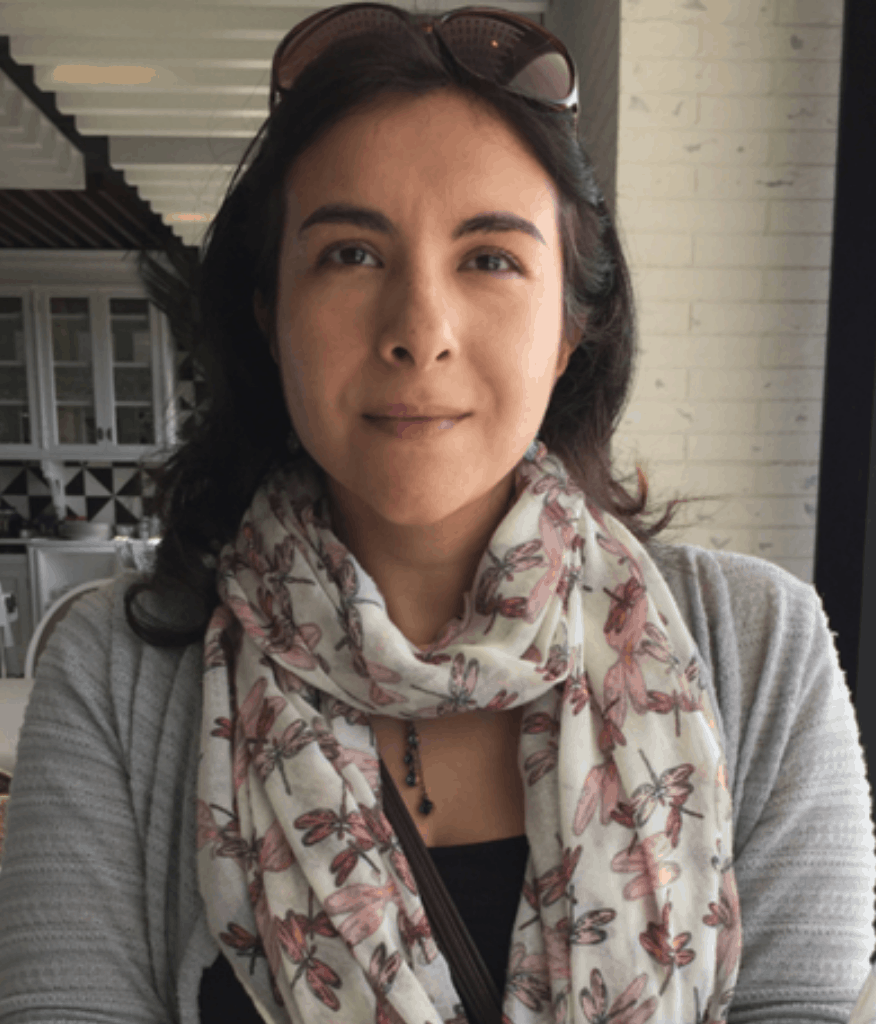
Dr Aula Abbara
Dr Aula Abbara, MBBS DTMH MD(Res) is a consultant in Infectious Diseases/ General Internal Medicine at Imperial College NHS Healthcare Trust, London and an Honorary Clinical Lecturer at Imperial College. She has volunteered in different humanitarian and refugee settings including Greece, Sierra Leone, Turkey and Jordan, undertaking direct clinical work, teaching healthcare workers and building capacity.
Since 2012, she has volunteered predominantly with Syrian non-governmental organisations. Her research interests include attacks on healthcare, antimicrobial resistance in conflict, refugee healthcare workers and, more broadly relating to global and humanitarian health. She co-chairs the Syria Public Health Network and is the research lead for the Syrian American Medical Society.
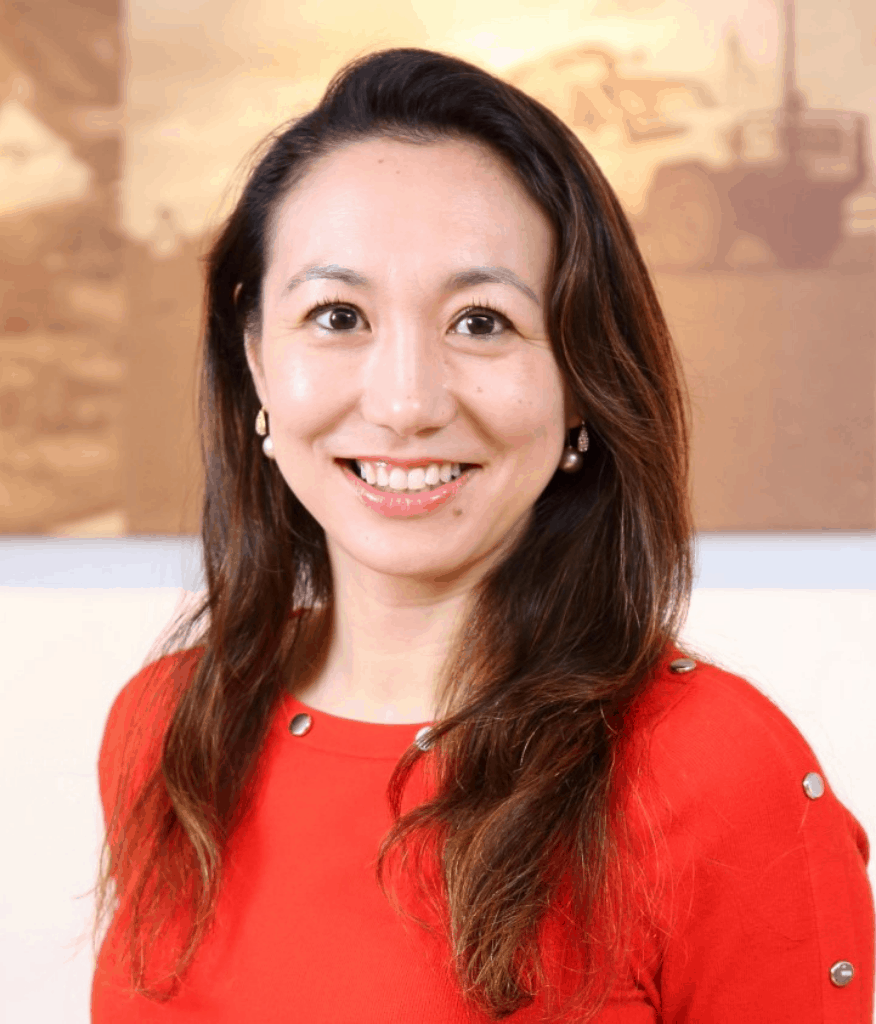
Dr Clara van Gulik
Dr Clara van Gulik is a paediatrician and author-coordinator for MSF International Guideline Publications, and medical advisor to MSF Japan. She has worked with MSF since 2005 in various field contexts and at headquarters in medical, coordination, advocacy and representative roles, and as an expert in paediatric HIV and TB. She has written/co-authored or contributed to numerous MSF international medical guidelines and contributed to WHO guidelines on paediatric HIV, TB and nutrition.
Dr van Gulik holds an MA in international law from SOAS, DTMH from LSHTM, and graduated in medicine from Imperial College, London.
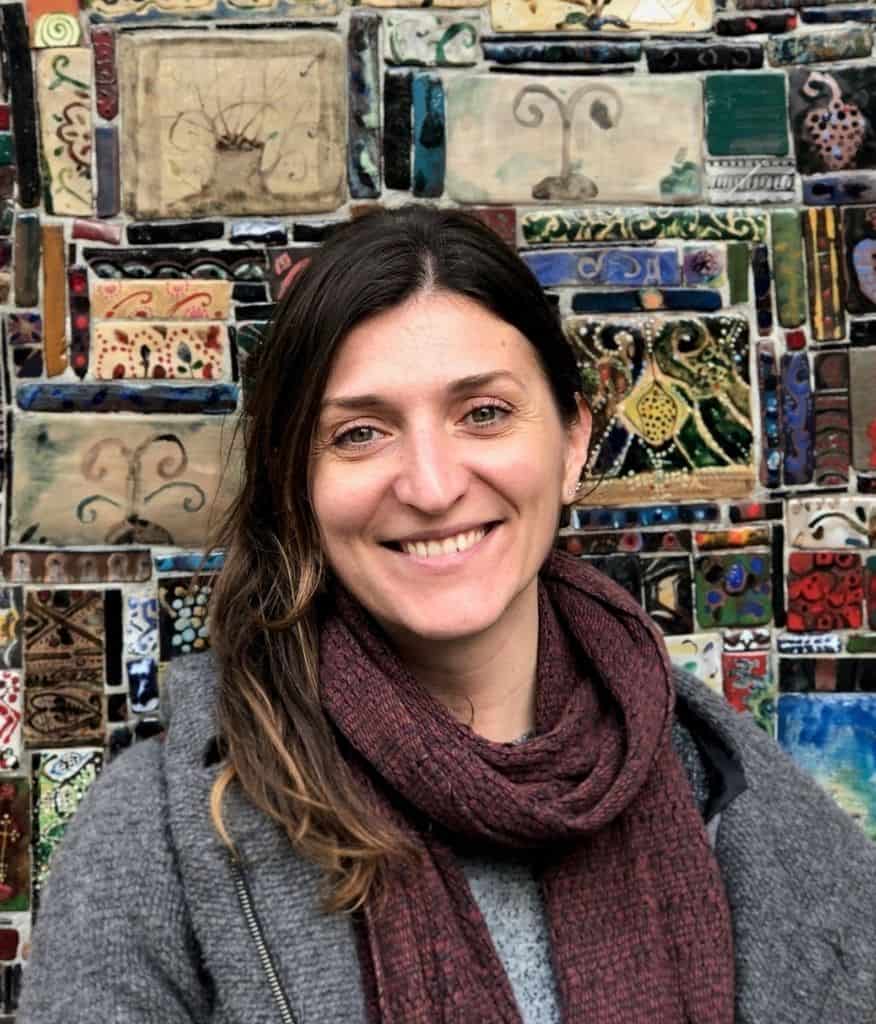
Dr Claudia Truppa
Dr Claudia Truppa is an infectious diseases specialist and medical epidemiologist by training, with 10 years of experience as a humanitarian health professional. She has worked with several humanitarian organisations in different settings, from Sub-Saharan Africa (Mozambique, South Sudan, Democratic Republic of Congo) to Central America (El Salvador, Honduras), from South East Asia (Myanmar) to the Middle East (Jordan, Syria, Yemen and Lebanon). She is currently the Health Coordinator for the International Committee of the Red Cross (ICRC) in Lebanon, overseeing the implementation of health programs addressing the continuum of care for vulnerable populations, spanning from first aid to prehospital emergency care, from primary health care to hospital care, from rehabilitation services to mental health and psychosocial support.
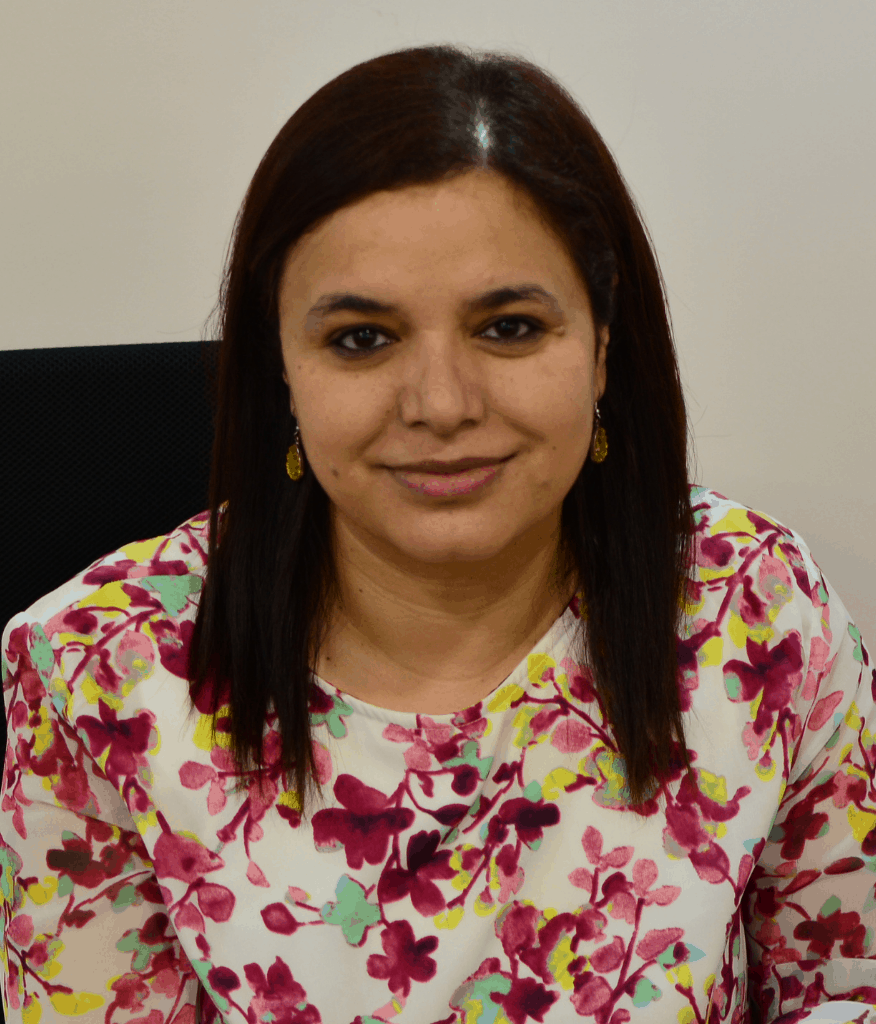
Dr Farhat Mantoo
Dr Farhat Mantoo, Chair Scientific Days Asia, joined Doctors Without Borders/Médecins Sans Frontières (MSF) in 2003 as a field staff and since then has been working in different capacities nationally as well as internationally with various establishments. During these last 17 years her work has been in Asia (India, Afghanistan, Sri Lanka, Nepal and Bangladesh) Europe and East Africa( South Sudan, Somalia, Kenya) with MSF and other organisations in management and leadership roles. She has a specialisation in medical anthropology, communication, hospital management and human resources apart from being trained in humanitarian assistance linked to international humanitarian affairs. She serves on various international committees both MSF and external and has co-authored publications under her title.
She is currently the General Director of MSF India since March 2019. Her primary research interests are in the application and relevance of low-cost quality medical innovations and implementation of them in humanitarian medicine. This includes technologies for measuring and motivating health-related behaviours to have a larger impact.
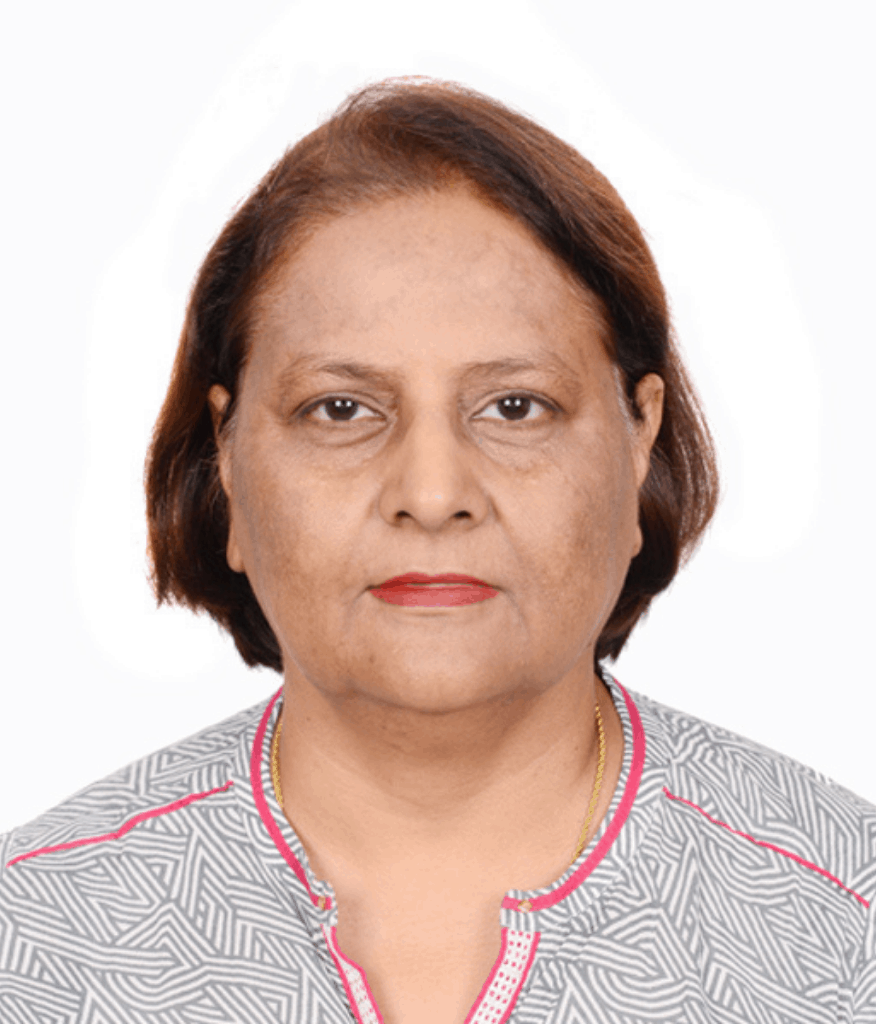
Dr Huma Qureshi
Dr. Huma Qureshi graduated from Dow Medical College, Karachi in 1979 and did MD in Medicine in 1999 from Karachi University. She has 140 research publications to her credit. In recognition of her outstanding services in Medical Research, she was decorated by the Government of Pakistan with a civil award Tamgha-e-Imtiaz. The Royal College of Physicians, Ireland awarded her honorary Fellowship (FRCP) in 2007.
She worked as Executive Director, Pakistan Health Research Council, Ministry of National Health Services, Regulation and Coordination, Islamabad from 8th October 2004 to 5th September 2017. In 2007 she conducted the landmark survey on the “Prevalence of Hepatitis B and C in General Population of Pakistan”. The survey has put Pakistan as the 2nd highest HCV prevalence country in the world. She is the focal point for viral hepatitis for the government of Pakistan to date and has developed the National Hepatitis Strategic Framework 2017-21 for Pakistan.
Dr Qureshi is a member of the WHO’s viral hepatitis E, B and C testing and treatment guidelines. As a WHO consultant, she provided technical assistance to Afghanistan in developing its HCV testing and treatment guidelines and refining its national hepatitis strategic framework. She was the Vice-Chair for Pandemic Influenza Preparedness (PIP) framework of WHO. She is the WHO’s Regional TAG member (EMRO) for EPI
Dr Qureshi is leading a JC Martin project on the micro elimination of HCV in the slums of Islamabad. Presently, she is working with the Government of Pakistan on the Prime Minister’s Program for the elimination of Hepatitis C from Pakistan.
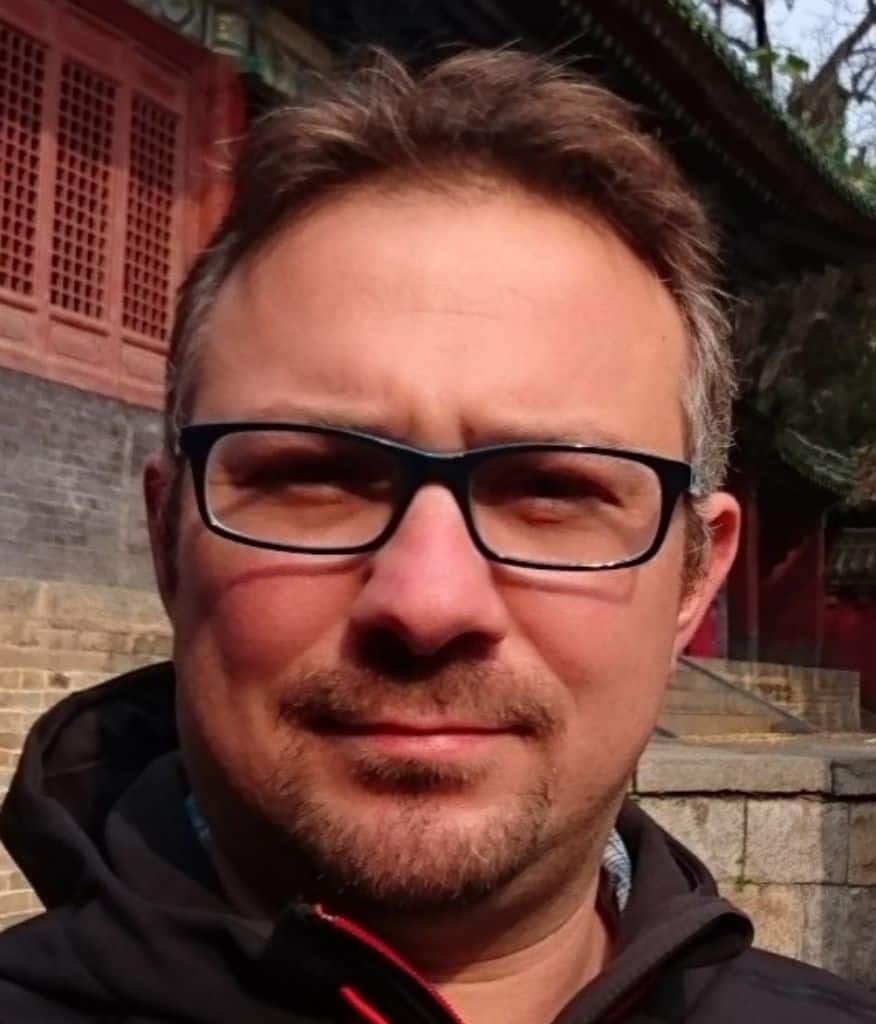
Dr Jean-Baptiste Ronat
Dr Jean-Baptiste Ronat is a graduate in biology and biotechnology laboratory analysis. He worked for 10 years in an auditing and implementing laboratory capacity, strengthening projects in low and middle-income countries for MSF and WHO. Ronat then went on to develop a interest in clinical bacteriology. He obtained an MPH in infectious risk management at Pasteur Institute School, France. He joined MSF’s Paris headquarters in 2012 to work on ways to improve access to diagnosis and monitoring of microbial infections and antimicrobial resistance. Ronat has also led the approach toward simplification of clinical bacteriology laboratory by initiating the Mini-Lab project together with other actors. Currently, he is the scientific lead of this initiative.

Dr Kate Leyritana
Dr Kate Leyritana completed her clinical and research fellowship on Infectious Diseases at UP-PGH, and was the recipient of the Clemente S. Gatmaitan award for the most outstanding fellow in research. She is the medical director and HIV Core Team Leader of SHIP Clinic, a stand-alone HIV primary care clinic that focuses on the care of people living with HIV and sexual health. Her clinical and research interest revolve around HIV and the health of men who have sex with men.
She is also a founding medical director of Sustained Health Initiatives of the Philippines, a non-profit organisation that aims to bridge the gaps in HIV healthcare in the Philippines through capacity-building, linkage to care, innovation, and advocacy. She is an HIV physician who has dedicated her work to improve HIV care, while also lending a hand to HIV research, programs, and policy development. She received the Ripple Award in 2017 and the TOYM award in 2018 for her contribution to HIV public health and advocacy.
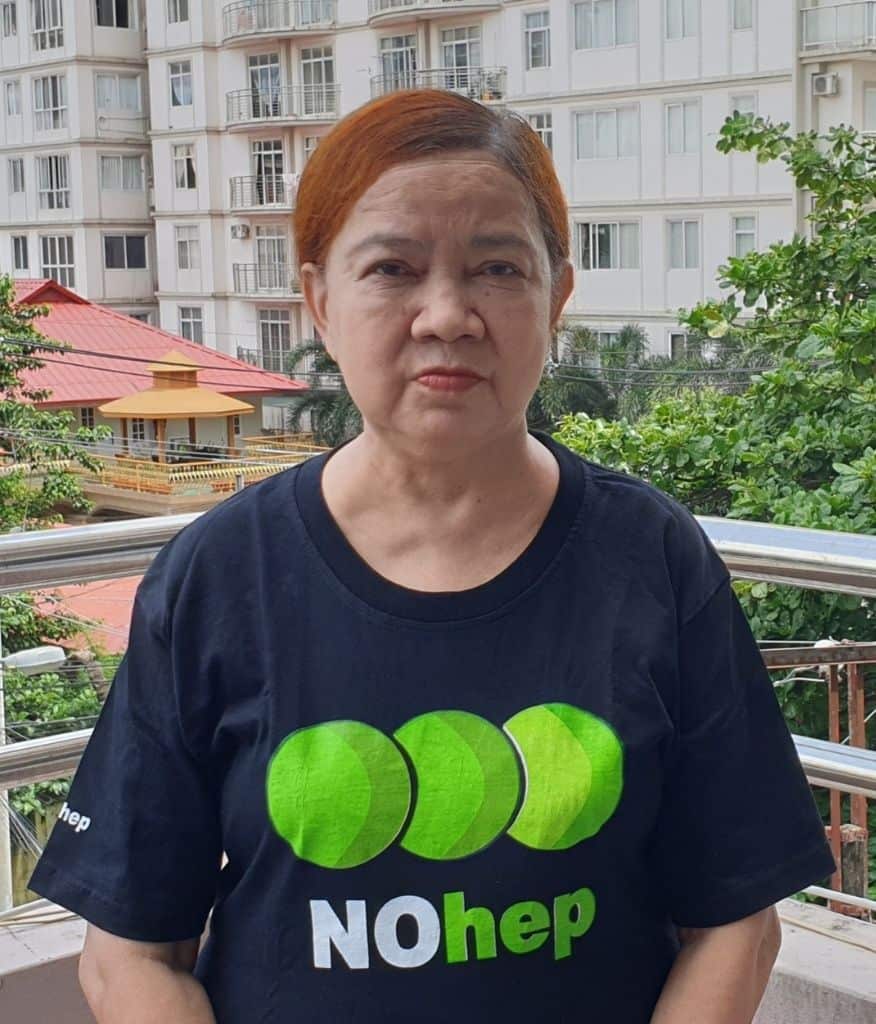
Dr Khin Pyone Kyi
Dr Khin Pyone Kyi is currently President of the Board of Directors of the Myanmar Liver Foundation, a non-profit volunteer organisation. She is a retired Director General of the Department of Medical Research, Ministry of Health, and is also Chairman of Ni Ni Diagnostics and Health Care Centre. As General Secretary of the Support Group for Elderly Doctors (SGED), Myanmar Medical Association, she is also a strong advocate for aged people.
Kyi is also a Member of the World Health Organisation (WHO) Strategic and Technical Advisory Group (STAG) on Viral Hepatitis in the Southeast Asia region. She was a member of the WHO Technical Advisory Group for Immunization in Southeast Asia (SEAR-ITAG) (2008-2014) and is currently a member of the National Technical Advisory Group for Immunization (NITAG).
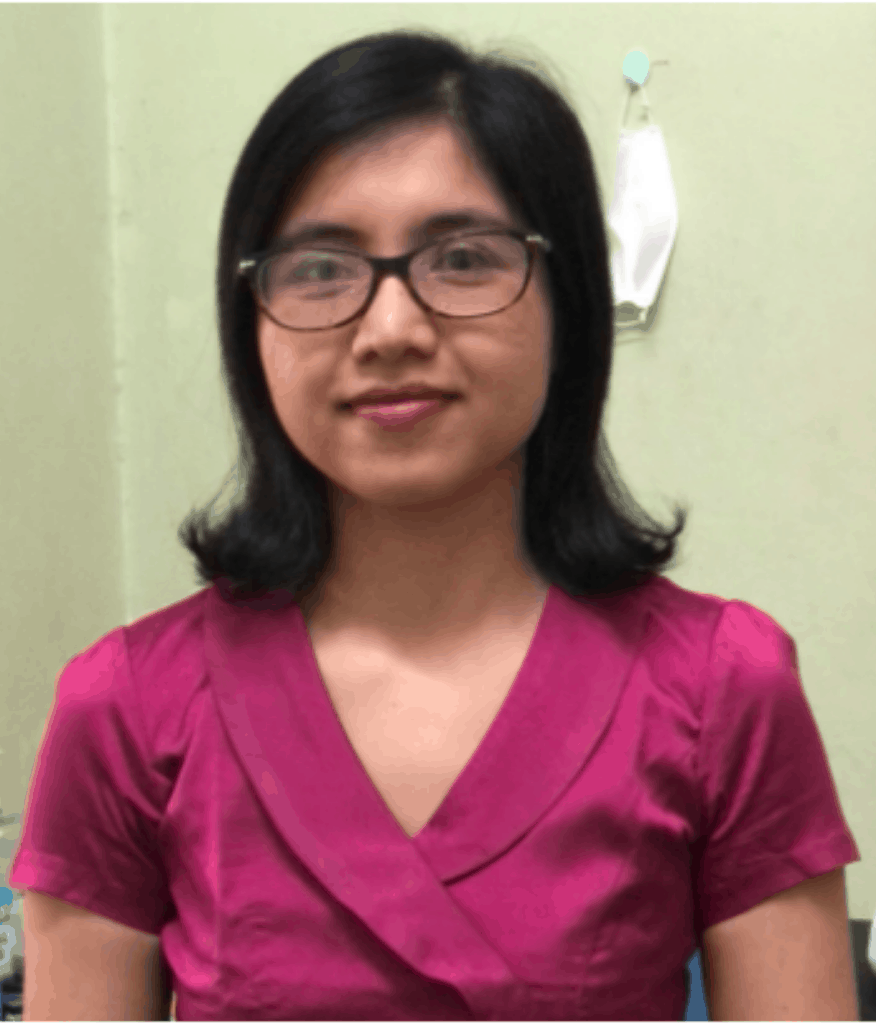
Dr Khin Zarli Kyi Lay
Dr Khin Zarli Kyi Lay is currently working as Project Medical Referent of Yangon DR-TB project, Myanmar. She completed her M.B.B.S from the University of Medicine(Magway), Myanmar.
She joined MSF in 2014 as a Medical Doctor for the HIV/TB/STI/Hepatitis C project. In 2016, she worked as a focal DR-TB doctor and was responsible for treating DR-TB patients co-infected with HIV. In 2017, she provided technical support as a DR-TB doctor to the endTb project, which is conducted by MSF in collaboration with National TB program (NTP).
In 2020, she joined the role of a Project Medical Referent for Yangon DR-TB project and provided technical support to NTP and TB hospital, which is the only hospital to admit the sickest DR-TB patients from Yangon Region and Lower part of Myanmar.
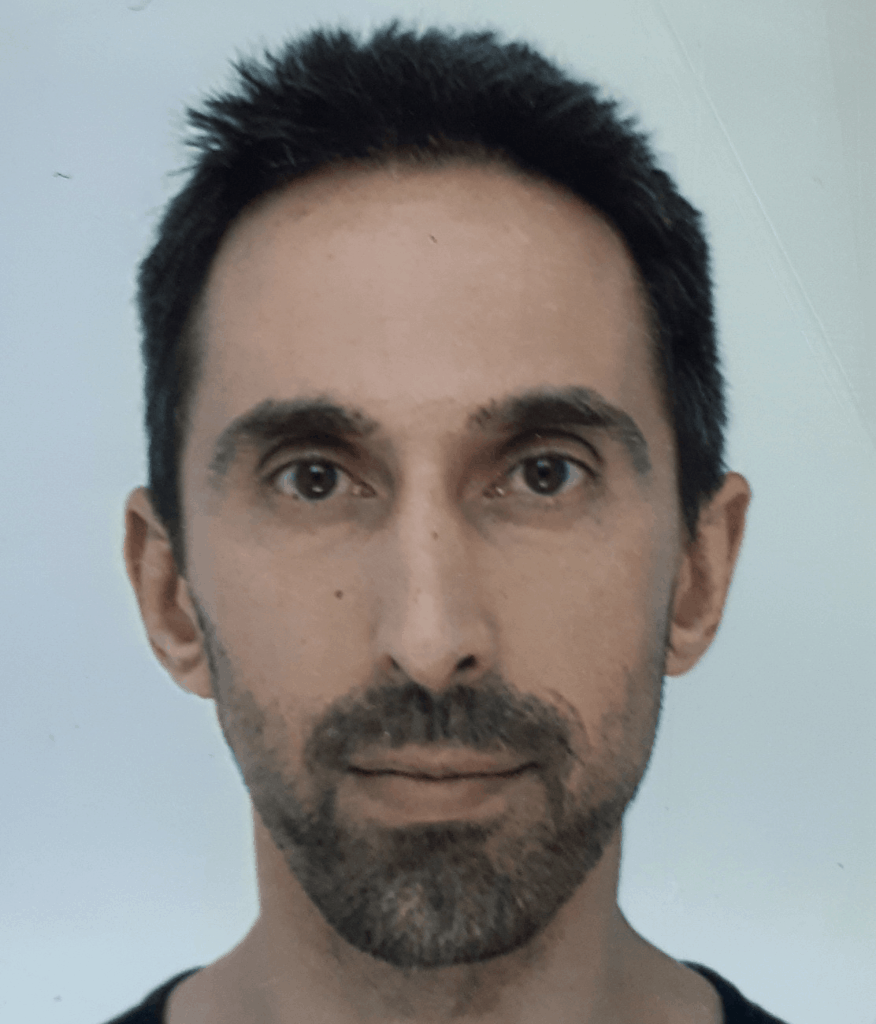
Dr Kiran Jobanputra
Dr Kiran Jobanputra is part of the Reflection and Analysis Network, Medecins Sans Frontieres(MSF).
He is a medical doctor specialising in primary health care and non-communicable disease programming in humanitarian crises. Until recently, he was Head of Manson Unit and Deputy Medical Director (OCA).
He now works as a clinician and consultant for public health and humanitarian organisations.
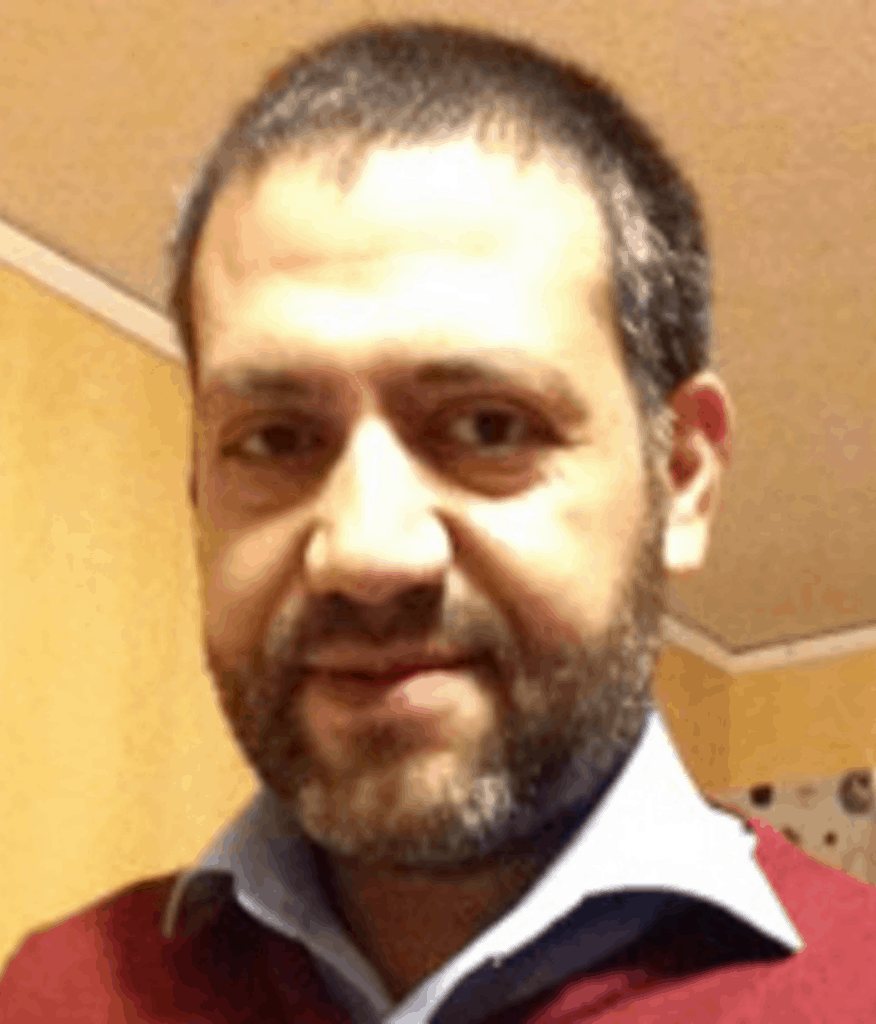
Dr Nabil Karah
Since 2009, Dr Nabil Karah has been working on research focused on hospital-acquired infections and characterization of the molecular epidemiology and antimicrobial resistance features of clinically important bacteria.
He is a volunteer leader of the “Tele-microbiology in Humanitarian Crises” project, which aims to demonstrate the usability of information technology and telecommunication to provide clinical microbiology services in hard-to-reach areas suffering from an acute exodus of medical staff. Dr Karah’s work as a Projects’ Advisor at the Norwegian Aid Committee (NORWAC) involves the management of a variety of humanitarian projects aiming to cover the healthcare needs of Syrians affected by the recent crisis.
https://www.ncbi.nlm.nih.gov/myncbi/12aOpwHe-lkkk/bibliography/public/
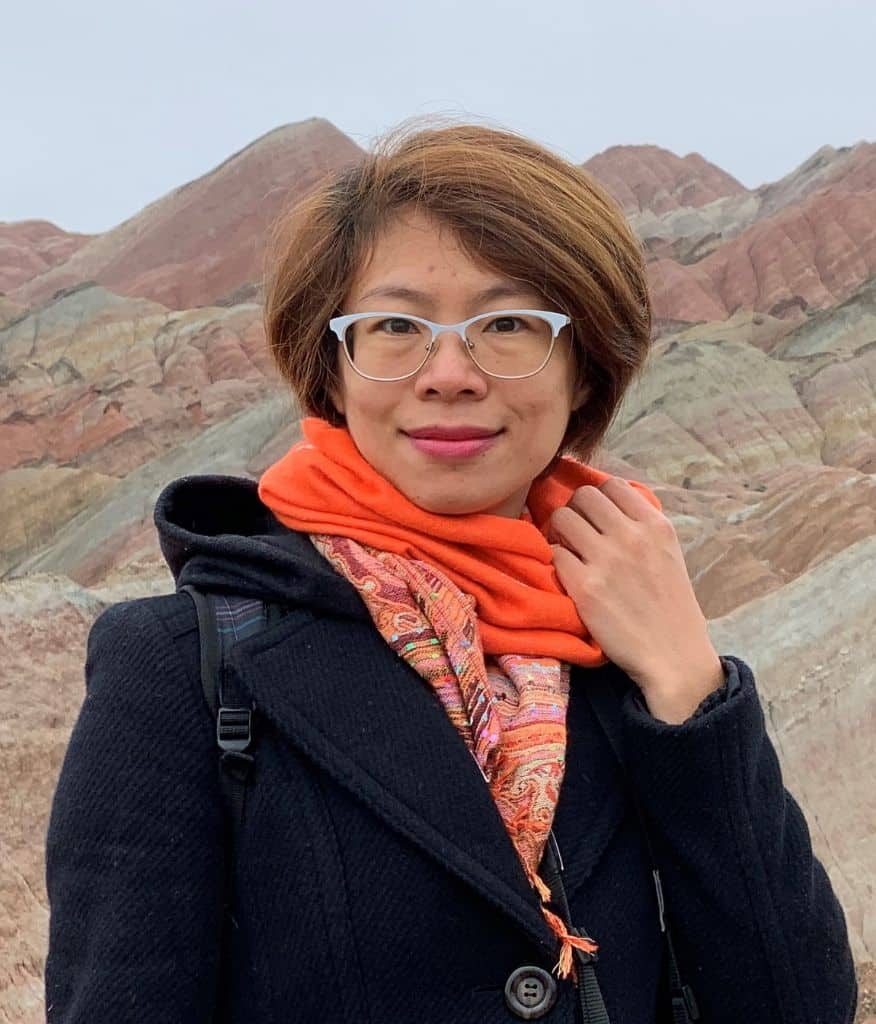
Nguyen Hoai Linh
Nguyen Hoai Linh is Prevention Coordinator of The Partnership for Health Advancement in Vietnam (HAIVN). She specialises in HIV prevention, advocacy and program development with extensive experience in Vietnam. She has contributed to Vietnam’s significant track record in HIV programming and relevant policy reform at all levels for the past 15 years.
Prior to joining HAIVN, Linh was a national program officer for the Canada Southeast Asia Regional HIV/AIDS Programme, and then a technical coordinator of FHI360 Vietnam with a focus on HIV prevention interventions. She has authored technical abstracts, local articles and assessments on the intersections of science, network and policy.
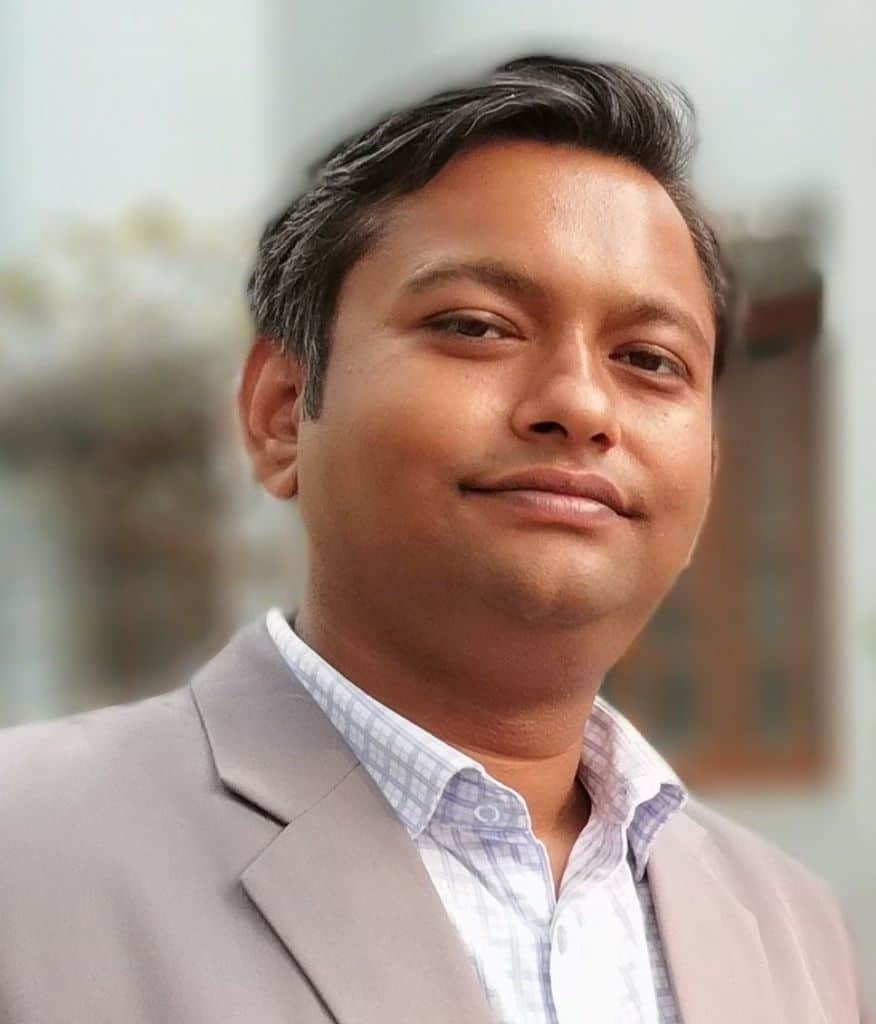
Md. Irfan Hossain
Md. Irfan Hossain, a Ball State graduate, is an experienced statistician, social researcher and academician on demography, social research regarding reproductive health, maternal and child health, adolescents, youth development, workplace programming, program management, M&E, population dynamics, and HIV/AIDS.
With more than 10 years of experience, he demonstrated his competence in providing project deliverables, building partnerships with government officials and stakeholders, and managing programs and projects. Hossain has authored and co-authored a number of research reports and briefs on cross-cutting development issues and evaluation findings that were published by the Population Council.
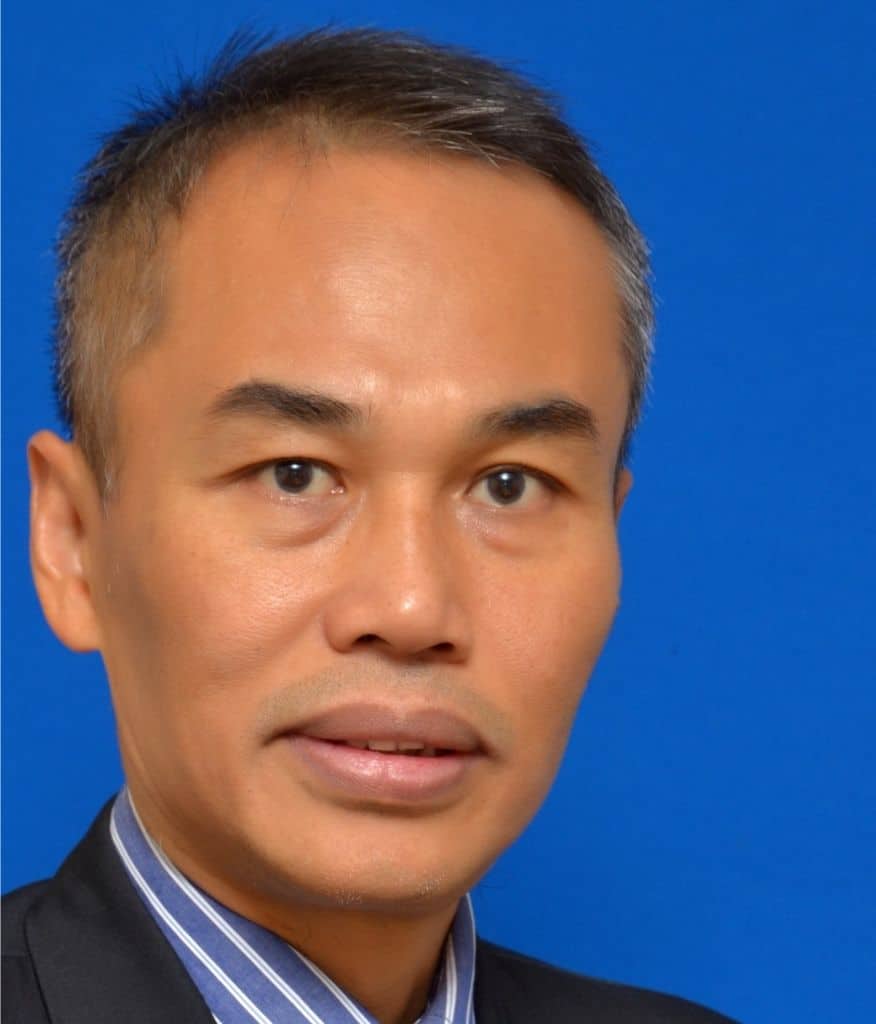
Dr Muhammad Radzi Abu Hassan
Dr Muhammad Radzi Abu Hassan is a practising consultant physician and gastroenterologist who has recently been appointed as the Head of Service for Internal Medicine, Ministry of Health, Malaysia. Currently heading the Clinical Research Center in Hospital SultanahBahiyah, Radzi is also Chairman for Digestive Health, Malaysia Society, a non-profit organisation established to advocate public awareness on digestive health and liver diseases.
An ardent researcher, involved in multiple international clinical trials, Radzi also actively engaged in numerous investigator-initiated researches which he has presented in various local and international conferences. With several publications under his belt, his primary focus of work covers gastroenterology and hepatology with a particular interest in viral hepatitis, NAFLD and colorectal cancer.
Affirming the philosophy that research should benefit society the most; his future research endeavour now evolves to focus more on preventive medicine as the way forward.
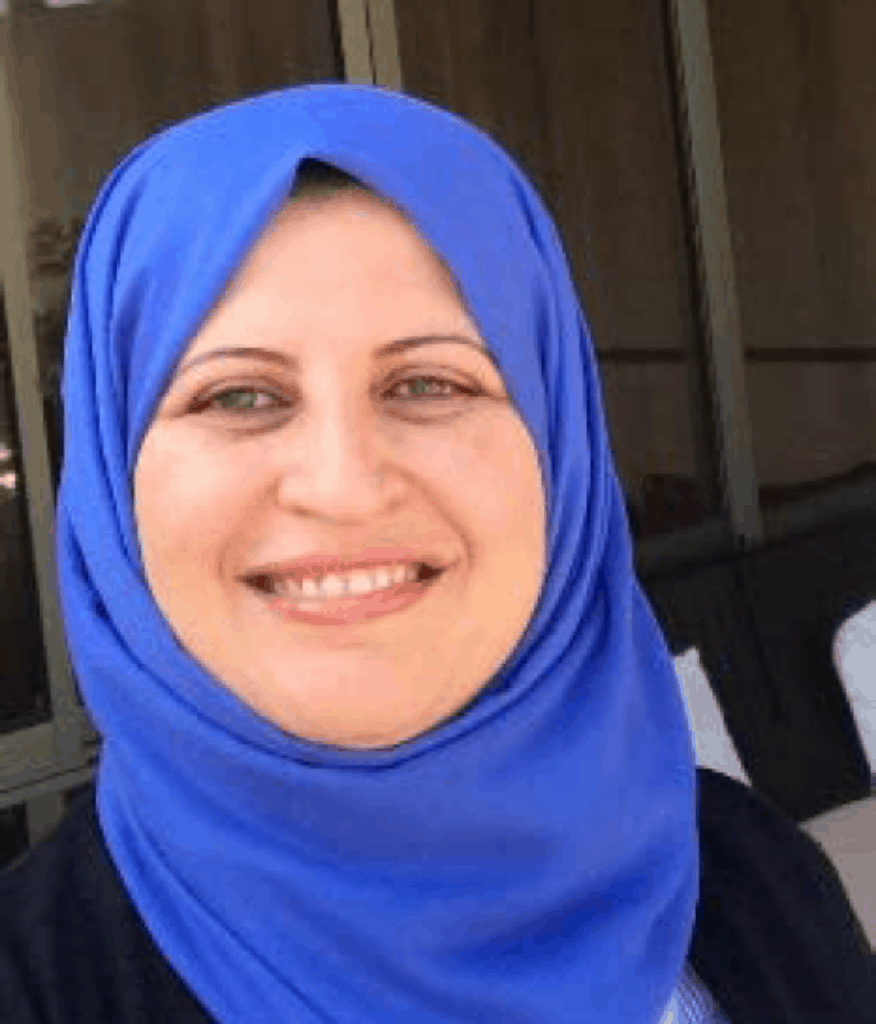
Reem Abu Shomar
Reem Abu Shomar is a public health expert working at the program coordination unit hosted by the Palestinian Water Authority. She holds a master degree in public health and is currently a PhD candidate.
She has professional experience in managing research projects implemented by multi-disciplinary teams and coordinated with multi-stakeholders. Her working experience involved national and international organizations working in public health, water, sanitation and hygiene.
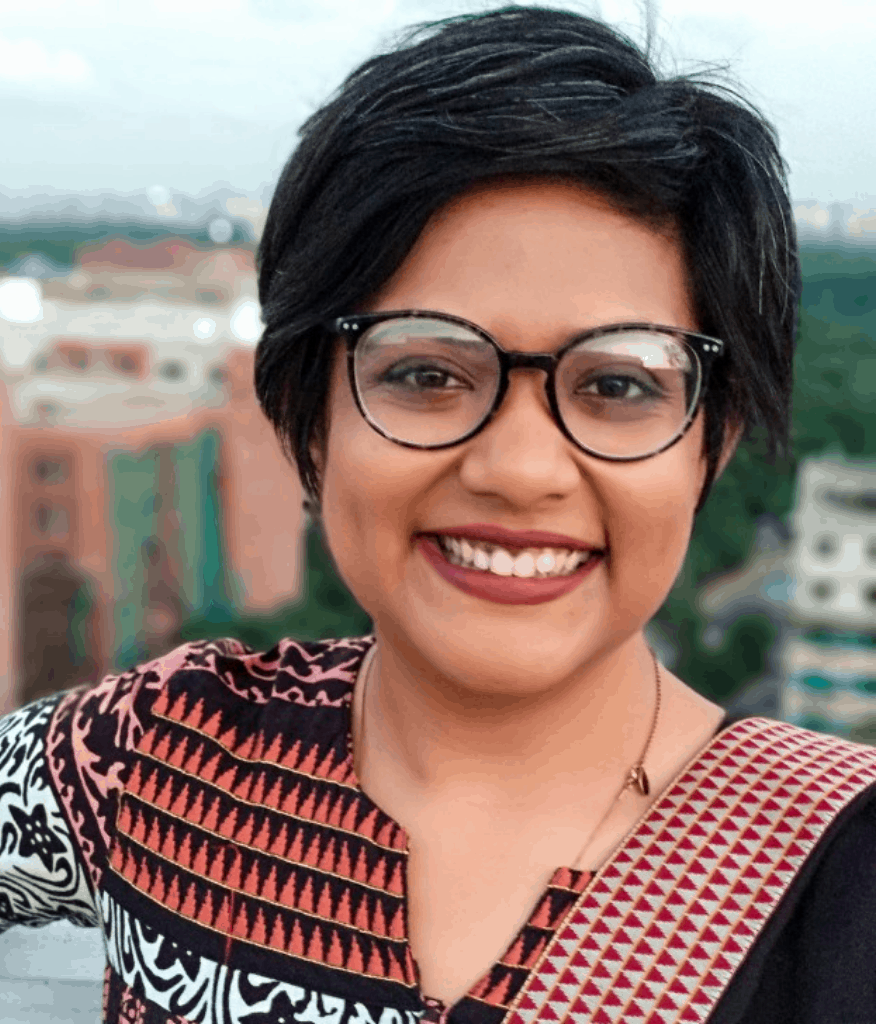
Dr Senjuti Saha
Dr Senjuti Saha is a molecular biologist and an activist based in Bangladesh. She is a Scientist and Director at the Child Health Research Foundation, where she works at the intersection of molecular biology and public health. After completing her PhD in Molecular Genetics at the University of Toronto in Canada, where she focused on developing novel alternatives to antimicrobials, she moved to Bangladesh to work in the front lines of public health.
Currently, she focuses on preventable pediatric infectious diseases, with the goals of (1) using modern molecular technologies including on-site metagenomics to identify etiologies that evade standard laboratory testing in resource-constrained settings, (2) establishing genomic surveillance to track and understand the molecular basis of antimicrobial resistance in endemic bacterial pathogens and (3) estimating the indirect impacts of vaccines on the overall health system of resource-constrained settings.
Currently, she also leads a large study on tracking SARS-COV-2 variants in Bangladesh and understanding the immediate and long-term impact of COVID-19 on Bangladeshi children. Her work is grounded in advancing health and research equity in Bangladesh, and beyond. She is a member of the Polio Transition Independent Monitoring Board of the Global Polio Eradication Initiative, an Associate Editor of British Medical Journal Global Health, and a Section Editor of PLOS Global Public Health.

Dr Stobdan Kalon
Dr Stobdan Kalon is a medical doctor and a public health specialist with about 25 years of experience in different contexts and topics, mostly in the field of drug-resistant tuberculosis (DRTB). He has been working with different international medical/humanitarian organisations in a wide range of countries and currently he works as the Regional TB Advisor for the USAID Eliminating Tuberculosis in Central Asia Project.
His experience spans from managing infectious diseases, interventions in tuberculosis (TB), hepatitis and HIV, MCH, primary health care and emergency interventions for operations in countries like Uzbekistan, Armenia, Sri Lanka, Cambodia, Laos, China, Mongolia, PNG, Kyrgyzstan, Kazakhstan, Turkmenistan, Tajikistan, Bangladesh, and India.
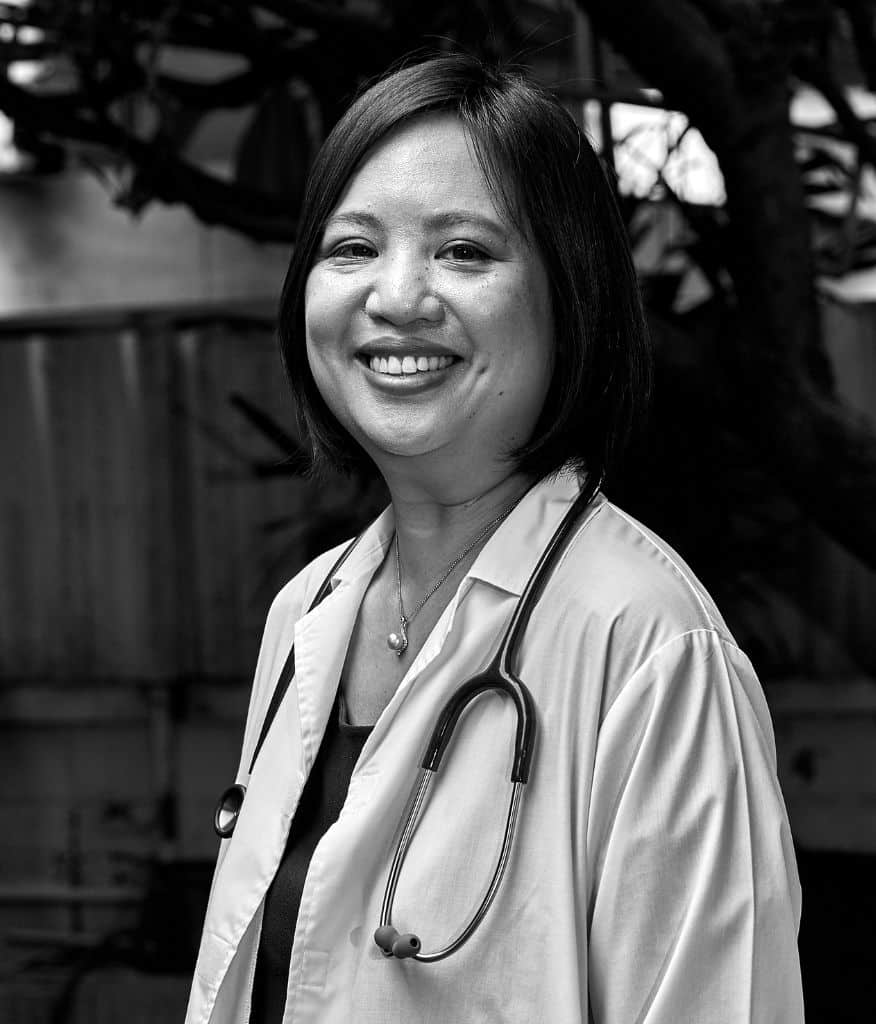
Dr Tanyaporn Wansom
Dr Tanyaporn Wansom is the protocol chair of the C-Free Study and Director of Research at Dreamlopments Foundation. She also serves as an investigator on the Hepatitis Transformative Science Group of the US NIH AIDS Clinical Trial Group under the Thai Red Cross AIDS Research Centre. She also consults with USAID-funded HIV and STI programs through FHI360 and PATH in Thailand and Vietnam and serves as the country clinical liaison for the Global Antibiotic Research and Development Partnership.
Wansom received her MD from the University of Michigan Medical School and her PhD from the Johns Hopkins Bloomberg School of Public Health. She is board certified in internal medicine and infectious diseases.
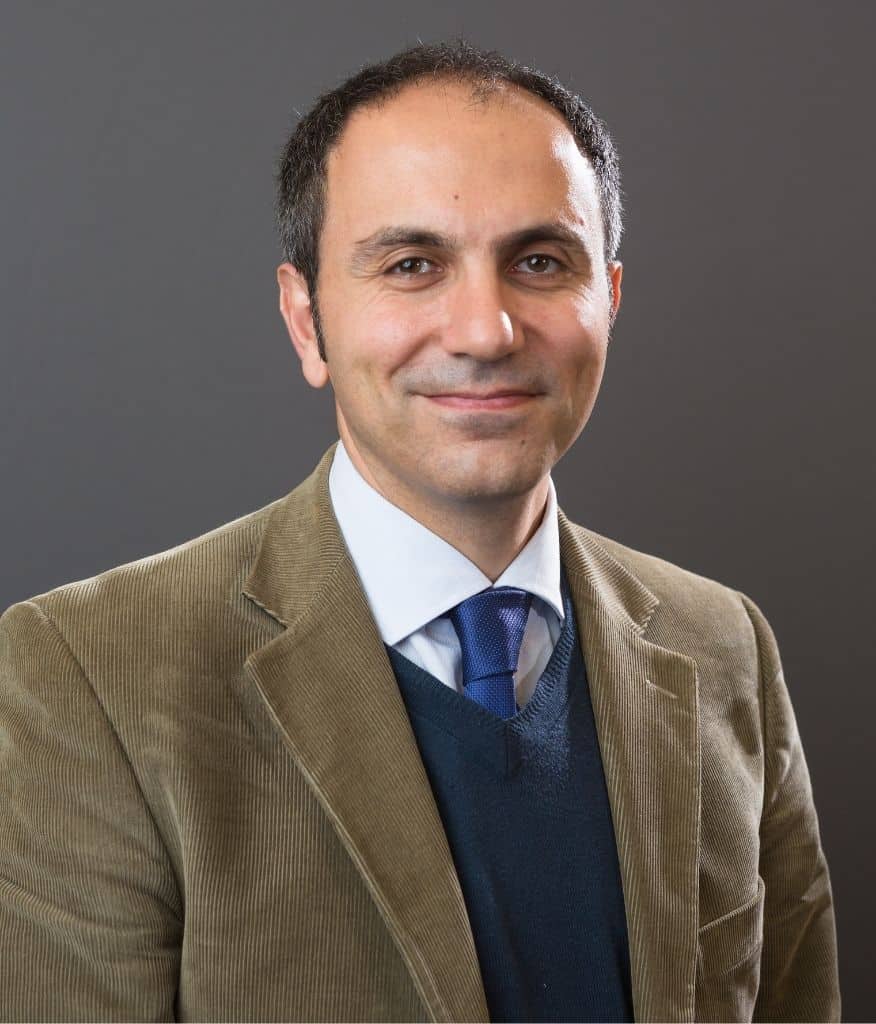
Dr Ziad El-Khatib
Dr Ziad El-Khatib is an associate professor in global health. He worked with MSF and in research related to digital health.






